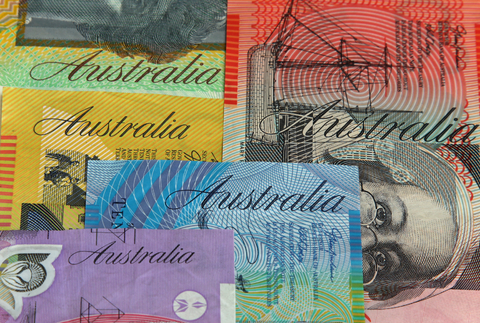
The Australian government is under extreme pressure from international partners amid concerns that so-called “dirty money” may be finding its way through the Australian real estate sector. It was only a few months ago, back in April, that the Australian Financial Action Task Force published a report which was highly critical of the regulations surrounding the Australian real estate market. There have been concerns for some time that ill-gotten gains have been “washed” through the Australian property market although due to the very nature of these activities it is very difficult to prove in hindsight.
Tightening regulations
It seems certain that the Australian government will look to tighten current regulations regarding the purchase of real estate, especially by overseas investors. Credit Suisse estimates that Chinese investors will plough upwards of $60 billion into the Australian real estate market over the next six years. If only a fraction of that was deemed to be “dirty money” this would be a significant amount being “washed” through the system.
One of the main concerns is that real estate agents are not yet connected with the Australian counter terrorism finance regime which monitors the movement of criminal proceeds. Critics have highlighted the fact that the UK, Singapore and the US for example have a much stronger and more stringent regulatory system to combat the injection of criminal funds into the financial markets. When you consider that the UK was recently criticised, with particular emphasis on funds finding their way into the London property market, there may be quite a bit of work for the Australian authorities.
Market reputation is vital
Any investment market is only as good as its reputation and if it is proven that significant criminal funds are finding their way through the Australian real estate system this would impact investor confidence. Investors need to know that the market is as transparent and clear as possible and that prices are not being unduly influenced by criminal proceeds.
Criminal gangs tend to acquire properties where there are few money-laundering regulations and then fairly quickly these properties are sold. When the proceeds are received from the sale they have effectively been “rubberstamped” as clean money. As a consequence these funds can then be returned to the criminal gangs who can withdraw and use the funding as normal. It is the checks in the very early days of a potential purchase which should help in uncovering any potential irregularities. Once the money has been washed through the system it is very difficult to prove exactly where it came from and that it derived from some form of criminal activity.
Will overseas investors be concerned?
The reality is that overseas investors with clean funds will have no concerns about using Australia as a home for their money. Those who have funds from a more dubious source will likely think again and this is exactly what the authorities are looking for. Interestingly, the UK was a market highlighted as one of the tightest in relation to money-laundering regulations in the property sector.
So, perhaps the UK authorities are on the right track even though they tend to attract more than their own fair share of criticism?

